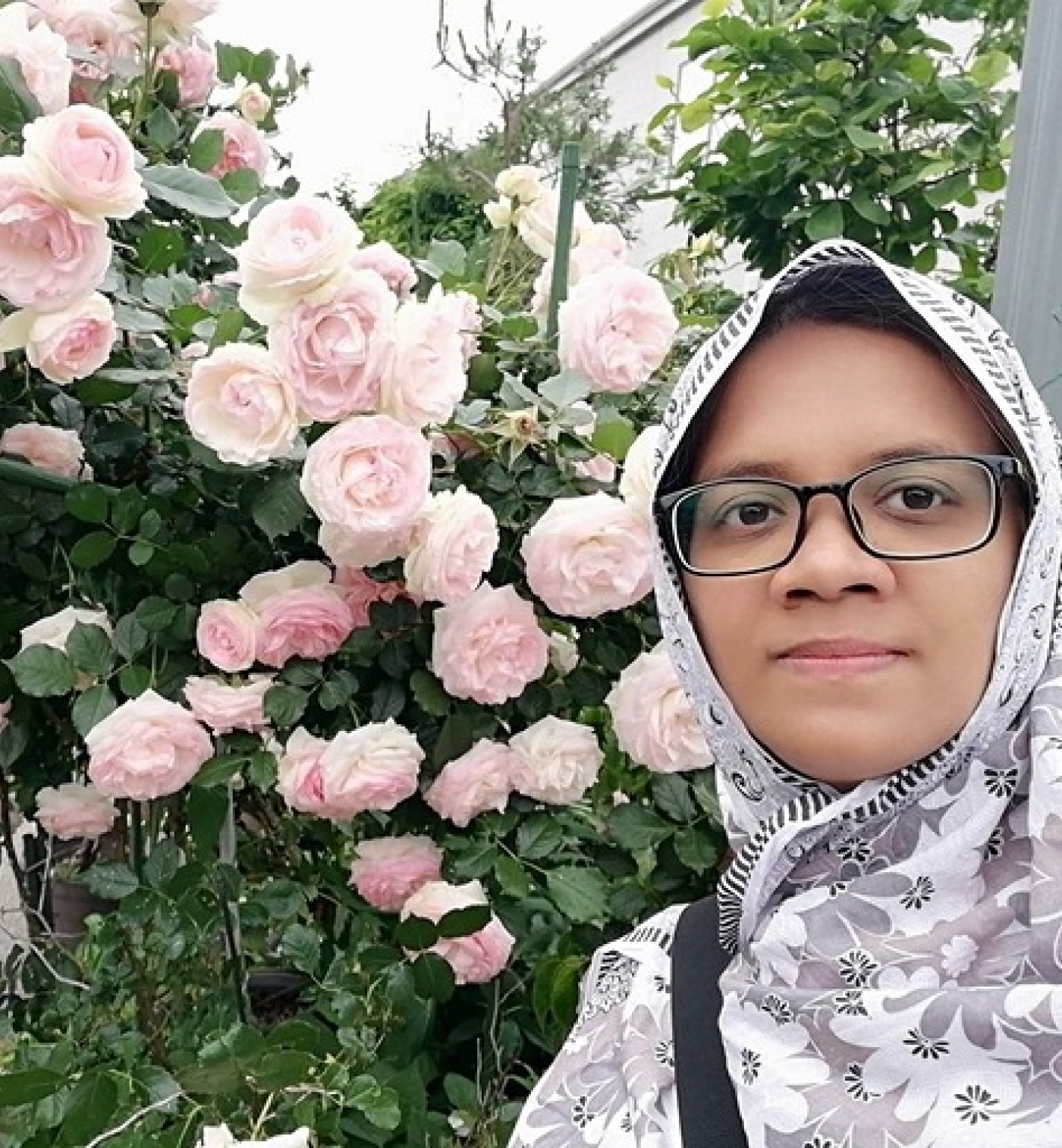Biography
Tahera Hossain is a Specially Appointed Assistant Professor at Nagoya University, Japan. Her research focuses on modeling and understanding human behavior in healthcare contexts, with a particular emphasis on ubiquitous computing, wearable computing, and affective computing. She works in the fields of Applied Machine Learning, Computational Modeling, and Human-Computer Interaction (HCI).
Dr. Hossain models human behavior using data collected from mobile phones, smart wearable devices, and instrumented environments. One line of her research investigates how the activities and behaviors of patients or elderly individuals correlate with disease symptoms, and how technology can help coach them to adapt their daily routines for improved health, safety, and productivity.
She also designs and develops robust behavior recognition methods capable of accurately detecting human behavior in real-world environments, addressing the unique challenges posed by such settings. Her work applies machine learning and behavioral data analytics to understand, measure, predict, and enhance health, well-being, and performance.
Dr. Hossain’s research has been published in top-tier venues such as ACM TOCHI, ACM IMWUT, and ACM UbiComp. She has received multiple honors, including the Outstanding Female AI Researcher Award (2022), several Best Paper and Presentation Awards at conferences such as ABC, PerCom, UbiComp, and ICIEV, and a Best Student Award from the IEEE Fukuoka Section. Her co-authored paper won 1st Prize at the ACM SIGSPATIAL 2nd HuMob Challenge Workshop (2024), and she also received the Young Researcher Award at Japan’s DICOMO Symposium.

